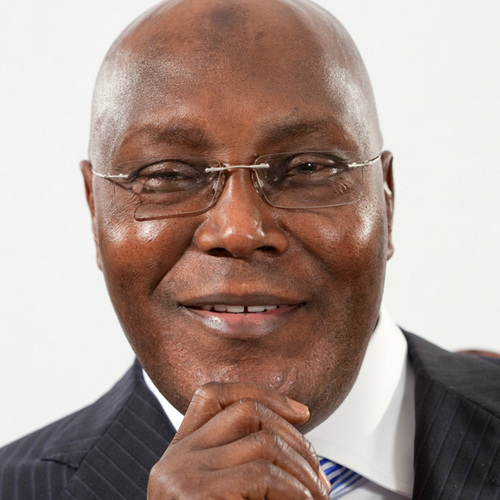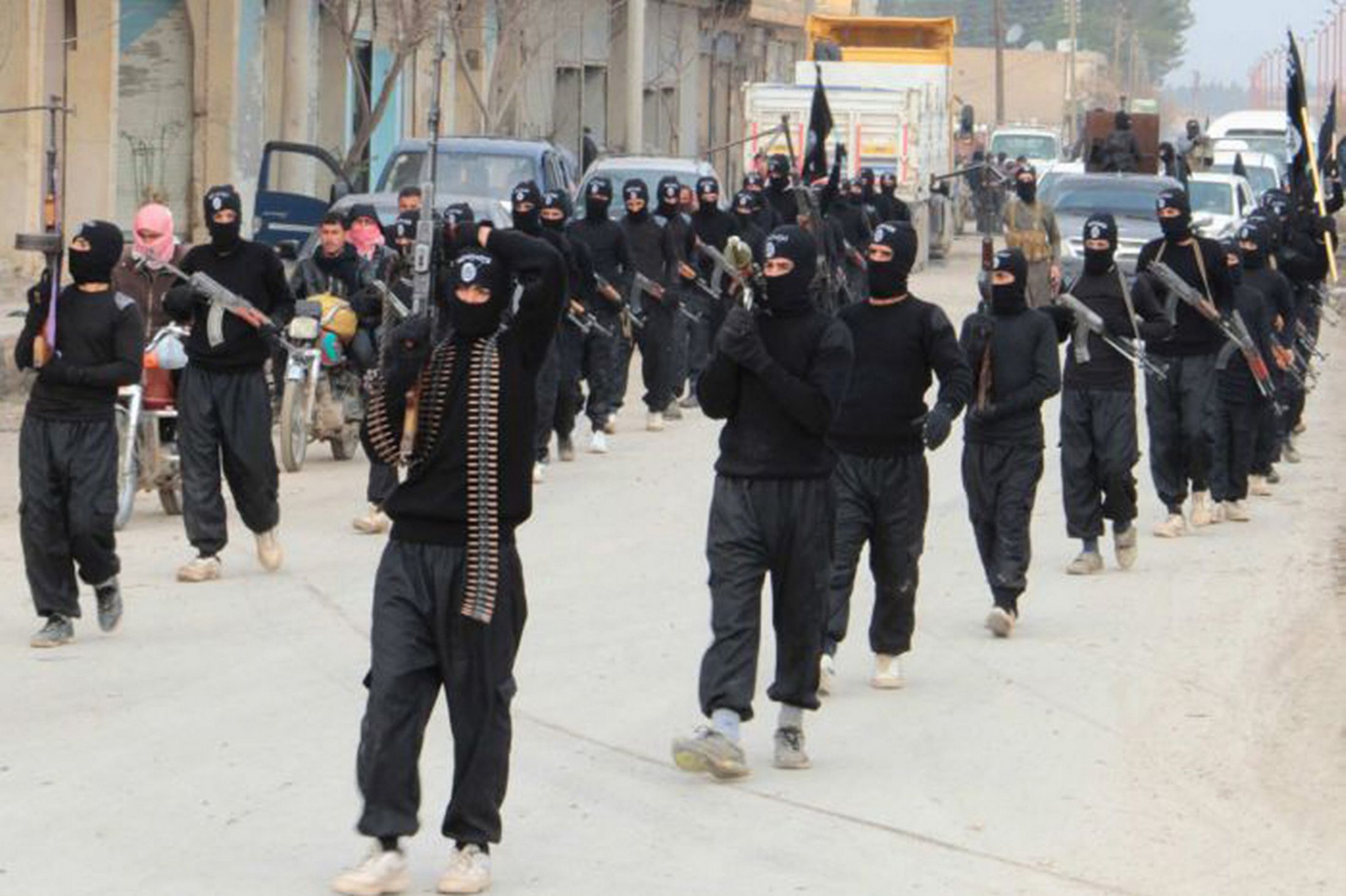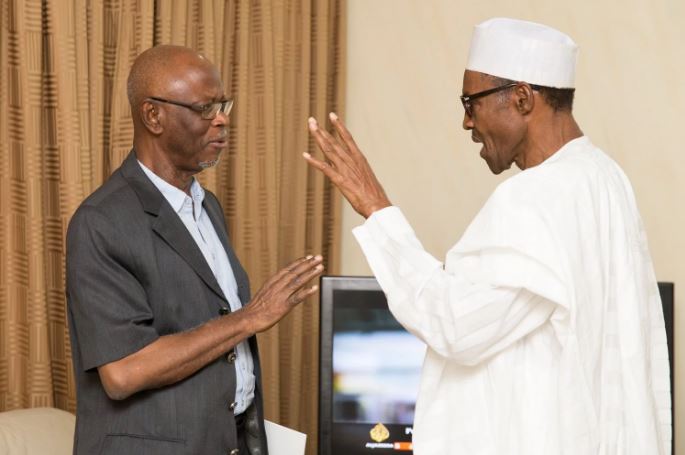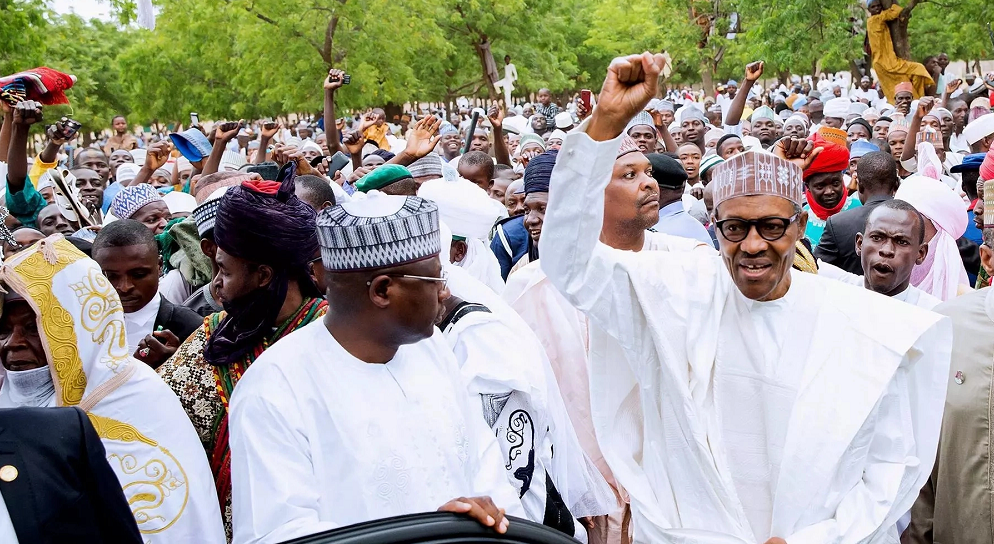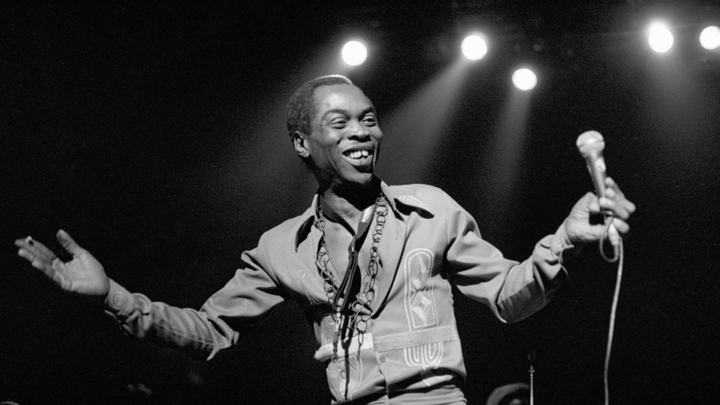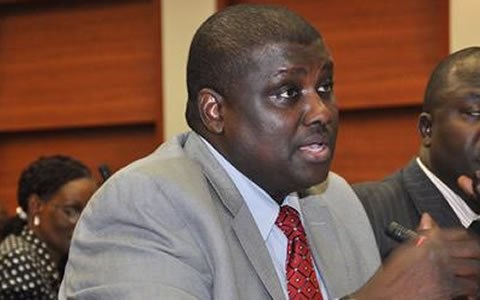The recent report that U.S.-backed forces declared victory in the ISIS stronghold of Raqqa is one of several examples proving the tides are turning against the notorious terrorist group. It also affirms the battle-tested notion that when the United States builds coalitions with other nations, even the most challenging of tasks can be accomplished.
But the challenge to terminate ISIS (and terror groups like it) still exists, as evidenced by the recent ambush attack in Niger that killed four U.S. soldiers, along with numerous other Nigerien casualties. With their Syrian stronghold vanquished, surviving ISIS fighters will flee to other countries to avoid death or capture; and African nations are prime targets for ISIS and their homegrown compatriots.
We cannot allow dispersed ISIS members to claim strongholds in Africa, especially as recent developments have shown that the continent is finally trending upward.
At no other point in history have more Africans been supporting their families, starting businesses, and living in democracies and free economies. These are the green fields of the continent. Likewise, there are tender shoots emerging: healthcare, communications, transportation, and finance are seeing great promise. And as always, there are withering nations that will require cultivation if they are to ever recover.
Advertisement
Africans must be responsible for Africa. Wars, famine, and corruption have been largely caused by a few despotic or radical elites within the old Africa leadership. Conversely, the great hopes and successes we see
today are forged by Africans from all walks of life, pulling themselves and their communities upward.
Those successes have been helped seeded, watered, and fertilized by the international community, with the U.S. playing a central role. America’s support for Africa stems from years of bipartisanship in Congress and the Oval Office. I expect that to remain in place with the Donald J. Trump Administration. As Dr. Peter Pham of the Atlantic Council wrote, “U.S. objectives in Africa should focus on promoting economic prosperity and development, strengthening security and stability, and encouraging good governance as ends in themselves and because doing so is in the national interest.”
As a Nigerian who has seen his own nation grow and develop, I believe the U.S. should play an indispensable role in Africa by focusing on four pillars: security, human development, trade, and governance.
Advertisement
First off, security. Political and leadership vacuums are created when people are insecure, allowing insurgent groups, such as ISIS, a place to thrive. U.S. security assistance via U.S. Africa Command (AFRICOM) and
bilateral partnerships promote professionalism in our armed forces, technical assistance to troops, and hardware to do the job well.
The second pillar is human development. A child who does not know where her dinner is coming from has no time for school. She is unlikely to be vaccinated against the most preventable of diseases and is at-risk of being an orphan. Those are hard facts. America’s humanitarian spirit in the form of PEPFAR, the President’s Malaria Initiative, and other generous programs – have saved millions of lives. Education programs have lifted kids from cruel futures toward a life of knowledge and sufficiency. Power Africa, a U.S. agency for international development projects, will provide electricity to underserved areas allowing schools, clinics, and businesses to prosper.
Third is trade. Africa’s economic engine is primed. As we diversify our economies away from oil and minerals, we are creating a knowledge economy. Our entrepreneurs and innovators are leading the way on technology, resource development, agriculture, and healthcare. America should continue to contribute know-how to our business leaders and governments for regulatory reform and encourage private investment to take deep root. A great example of this is the U.S.-initiated “African Growth and Opportunity Act,” which has effectively moved Africa into a rules-based, globally-connected trading system.
The last pillar: governance. Resilient states must be effectively and efficiently governed by democratically elected leaders at the national and local level. Strong civic and government institutions have benefited from U.S. assistance in capacity-building and technical training. Democracy and governance work will be vitally important at the local level since breakneck urbanization is further hampering cities and mega-cities such as Lagos and Kinshasa.
Advertisement
Finally, African leadership must come from within. While outside pressure from the West may yield some positive influence on Africa’s good, bad, and mediocre leaders, the fact is that legitimate leaders
must emerge. The U.S. can play a role in making such an environment possible, providing some of the essential elements that allow individuals and societies to flourish.
President Trump had it right in his comments at the United Nations, in which he called for sovereign individuals and sovereign nations to join in common cause: “…let this be our message to the world: We will fight together, sacrifice together, and stand together for peace, for freedom, for justice, for family, for humanity, and for the almighty God who made us all.”
This piece first appeared on Washington Examiner
Advertisement
Views expressed by contributors are strictly personal and not of TheCable.
Add a comment
